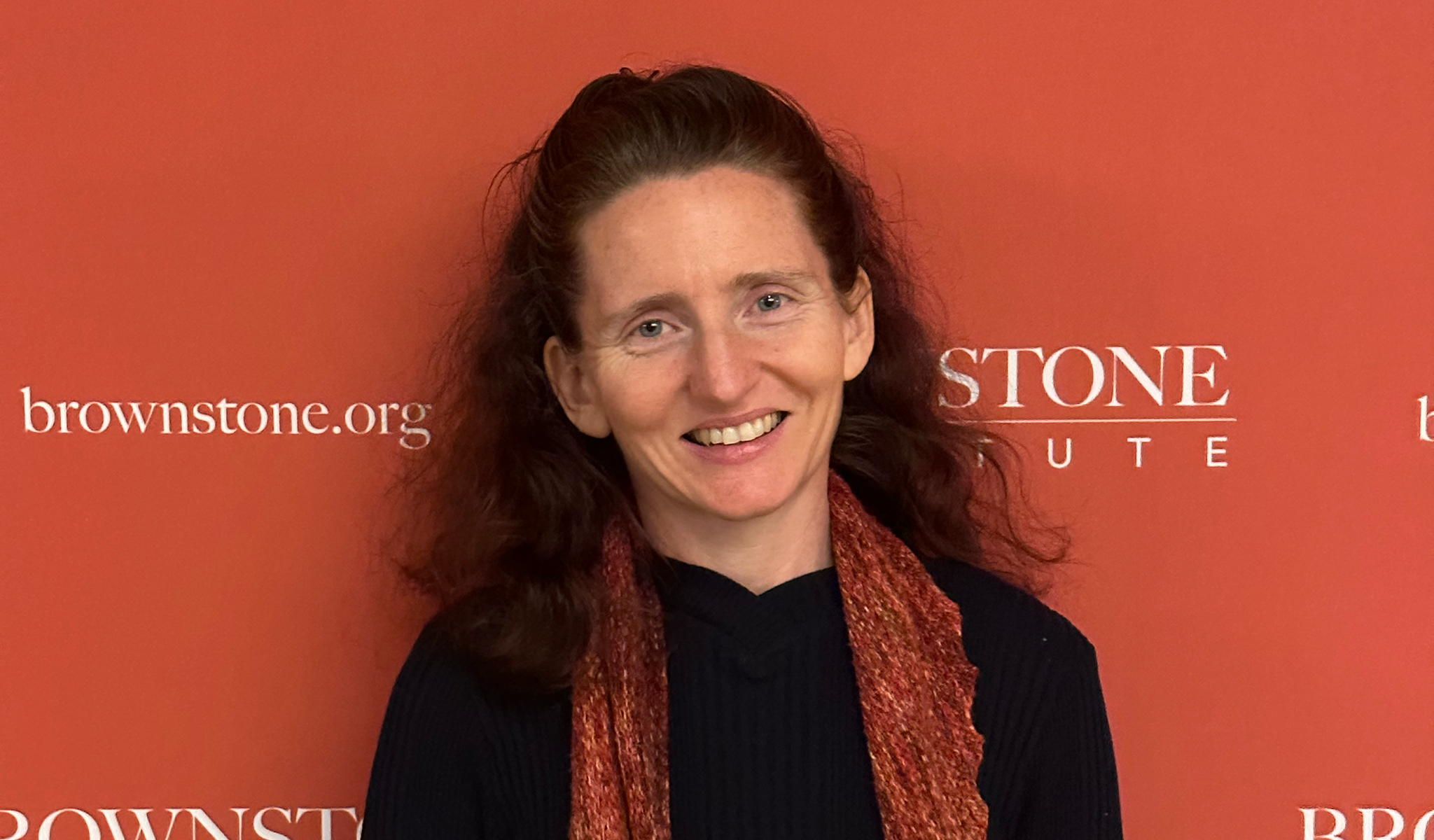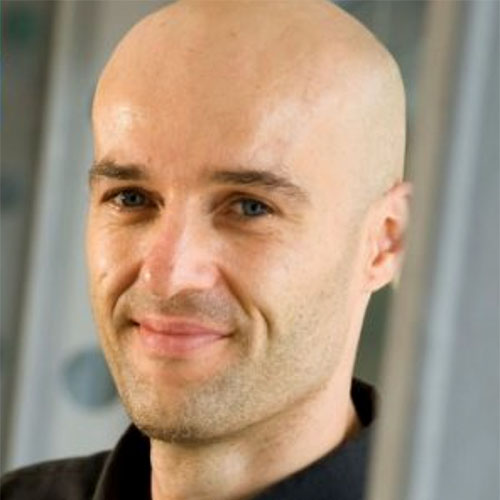The Gettysburg Address celebrated “government of the people, by the people, for the people,” echoing the ideals of the Enlightenment: equality for all, and liberation from the yoke of tyrannical rulers.
Since 1863 when Abraham Lincoln made his iconic speech, the “government of the people” bit has just purred along without a glitch. There has been no dearth of individuals wanting to rule others, whether by election or by birthright. The people have been thoroughly governed, and governed more still.
The “government for the people” bit has had its ups and downs. Every government claims it rules for the people – it would be political suicide not to make that claim in a developed Western society – but humans have a tendency to look after Number 1 before they help others. When placed in positions of authority, individuals have usually used those positions to amass more power and wealth for themselves.
As a slogan though, “government for the people” has been a roaring success. Even the swastika of the Nazis symbolised prosperity and happiness (being derived from the Sanskrit svastika, meaning ‘good to exist’). The reality in recent times, as in many historical ones, is that government has been for the people only in name.
It’s the “government by the people” bit that has been the most problematic.
But we have elections!
Elections of politicians may be heralded as the pinnacle of democracy, but elections embody neither the Athenian idea of democracy nor, in the modern media age especially, the idea of “government by the people.” On the contrary, elections are an elitist system through which “men and women of high standing” achieve power over others — for their own good, of course! Modern representative democracy is akin to an aristocratic marketing exercise, wherein clubs of important people specialise in how to get others to give them more power. Political dynasties and training trajectories have emerged to buttress and strengthen this exercise.
Politicians today go to great lengths to forge coalitions with the media and with wealthy individuals who can buy them airtime there. A class of elite professional persuaders has risen to the top of our “democratic” systems. The system does not reward the ability to lead or to put the needs of the people first, but the ability to persuade others. This is merely yet more “government of the people.”
Hence with a hand wave to the existence of “free and fair elections,” and apart from a few odd places like Switzerland, the “by the people” bit of Lincoln’s vision is being roundly ignored in modern democratic countries. The elites in charge like to think that populations cannot be trusted to make good decisions and are in need of their guidance. The political elites denigrate movements oriented towards giving a greater say in national affairs to the population by using the term “populism,” and their negative use of that term perfectly sums up what the elected class and their mates think about ordinary people.
The lack of government “by the people” has been a key problem in our societies for the past 30 years or more, particularly in the US where obscene amounts of money have blatantly entered the elite election game. There has been too much government of the people rather than by it, leading to widespread apathy among populations that then become more susceptible to abuse. Abuse is what happens when one does not stand up for one’s rights. Perennial vigilance and standing up for yourself when you are pushed around is the only way to deal with those who face a perennial temptation to push you around.
We have seen decay in spades over the past two to three years, but in Anglo-Saxon countries the downward slide in the living standards of the bottom 50% has been accelerating since about the 1980s. The year 2020 ushered in a fresh phase of decay in living standards. Only the very top of society is now prospering, while the rest suffers a diminution in every way: their health, wealth, education, prospects of owning a home, ability to travel, self-respect, myriad freedoms, and access to reliable information are all under unprecedented assault. A new medieval society has emerged with a few chiefs and a lot of abused Indians.
Power (back) to the People!
To escape this trap, populations need hope. To have hope, one needs a plan and a slogan. The slogan of the Gettysburg Address is still a good one. Let’s take it truly seriously.
What would “government by the people” look like, and what core changes should a reform movement champion to make Lincoln’s vision a reality? We propose a set of two complementary reforms, both of which aim to reintegrate the presently governed masses into the business of power. The first reform would assign to the masses the role of appointing public-service leaders, and the second would involve the masses in the presently dysfunctional production of information (i.e., the media sector). Let’s get into the first one now, and we’ll cover the second one in a forthcoming piece.
The most important duty that the public must reclaim is that of appointing its leaders. Elections of politicians are not enough when the modern state apparatus contains hundreds of top bureaucratic posts associated with significant authority to wield the power of the people via large-scale resource allocation decisions.
Neither is it only in the government bureaucracy that the “power of the people” – the power represented by the nation state – resides. State-funded universities, schools, hospitals, libraries, statistical agencies, and other institutions also benefit from the state “brand” and hence draw on the power whose ultimate source is the population making up that state. The leaders of such organisations, and of the various silos of the state bureaucracy, should in fairness be led by individuals chosen by that same population, not just “of” it.
Our proposal is that the appointments to all leadership roles in hospitals, universities, national media companies, government departments, scientific and statistical agencies, courts, police forces, and so on — in short, the leadership of what has come to be called the ‘administrative state’ or the ‘deep state’ — should be made directly by the people.
One might even argue that strategic roles in large public-service-oriented entities, even if technically part of the private sector, should be included too because they also have major effects on captive national populations. This would mean adding to the above list the top roles within entities like water suppliers, electricity generators, large charities, and big media companies, hospitals, and universities, regardless of sector.
How to make this happen? We propose adopting a method of mobilising and organising the population to judge others that worked reasonably well in Ancient Rome and Greece, worked again more recently in Italian city-states, and is ubiquitous today in courts of law: juries of citizens. The many benefits of giving citizens a strong and direct voice in the selection of leaders through citizen juries include fostering diversity of thought and breaking down the monocultures that have coiled their tendrils through and around our public institutions. At the same time, they can act as a bulwark against the power of the new private-sector barons whose wishes have come to dominate policy in many aspects of our economy and culture.
In a jury, unlike in an election, people pay attention and really talk to each other, particularly if they feel they truly are the ones deciding something important. They will be more likely to feel a weight of responsibility and to take their task seriously as members of a jury than when casting a vote together with millions of others once every couple of years.
We suggest juries of, say, 20 randomly chosen citizens apiece, of which each jury makes one appointment and is then disbanded. Expertise in specific disciplines is not required for jurors, just as jurors deciding the verdict in a money-laundering case do not need degrees in finance or accounting. Juries that do desire some expert guidance when making a decision can obtain this guidance easily.
As a practical matter, a sophisticated apparatus would be required to support the juries administratively. This would consist partly of a combination of jury alumni — citizens who have been part of juries before — and a purely administrative organisation that coordinates the jurors and the jury appointments. Jurors should not be told who to look for, what the selection criteria are, or any other such “guidance” that boils down to telling them what the existing power-holders want them to do. Via this system, trust is placed in the population, just as trust in the developed West is placed in markets rather than in central planning.
Involving the population directly in the appointment of thousands of leaders in the country every year is a step towards government by the people. Breaking the stranglehold of money and the professional persuaders over society in this way creates a new set of civic institutions that is independent of media-led elections and state and business elites, dragging the top of the public sector into the dominion of the citizens they are supposed to serve.
You can bet that this real transfer of power to the people will be strongly resisted by most elite individuals and institutions. They will loudly proclaim every single reason they can think of for why it is a crazy, impossible idea, and get “experts” from their networks to loudly profess the silliness of even proposing the notion. This vitriolic denigration is exactly the measure of how badly we need to loosen their grip on power and change the system they have entrenched for their own benefit.
Like Lincoln’s, our era calls out again for a “new birth of freedom,” not only for the United States but for all of the Western world, so that “government of the people, by the people, for the people, shall not perish from the earth.”
Published under a Creative Commons Attribution 4.0 International License
For reprints, please set the canonical link back to the original Brownstone Institute Article and Author.











